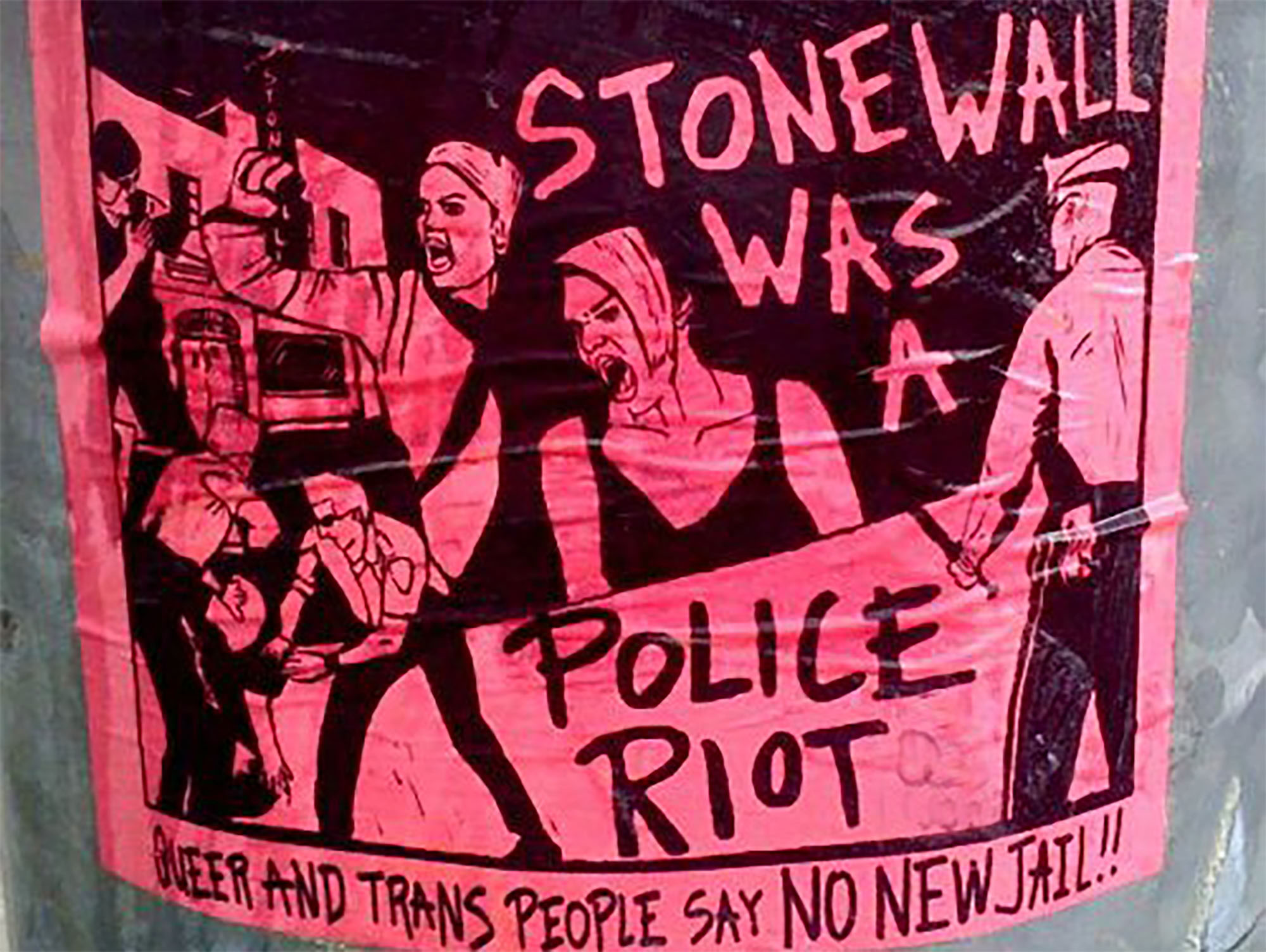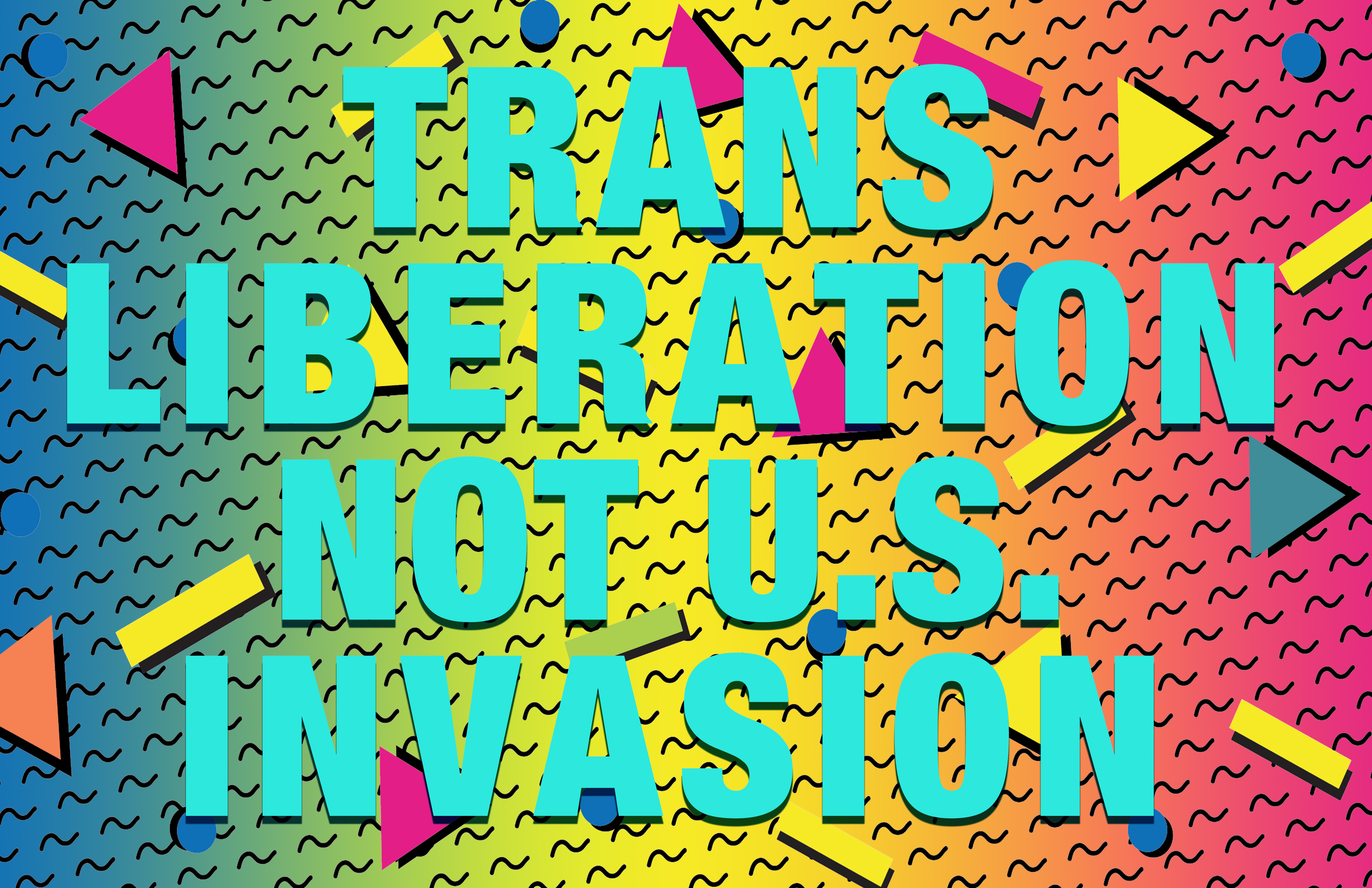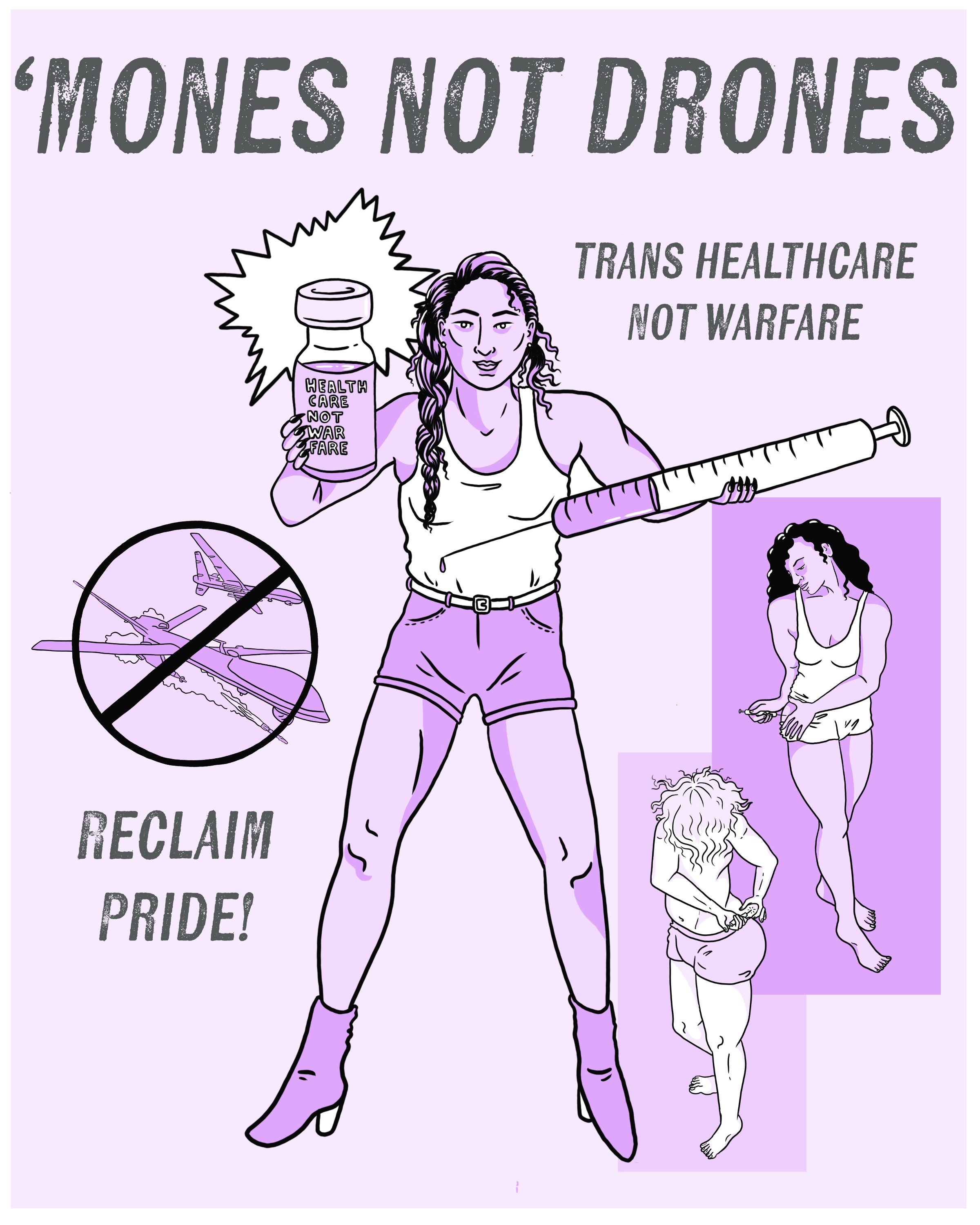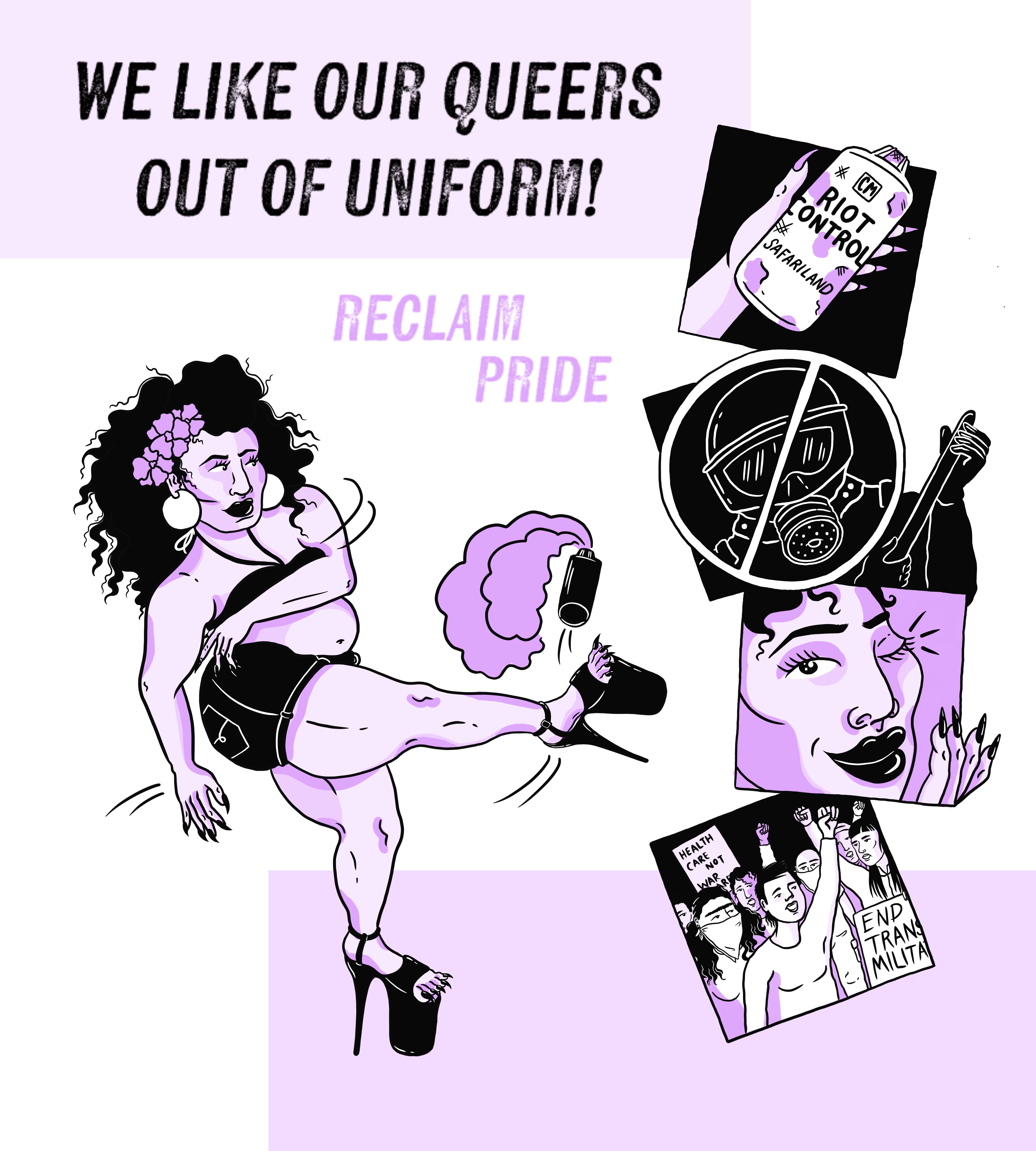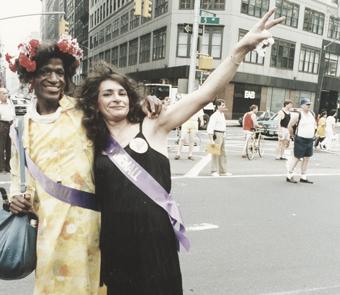For Pride 2019 and the 50th anniversary of the Stonewall rebellion, I wrote an op-ed for Out Magazine.
Op-ed: Honor Our Stonewall Veterans by Being Your Most Queer Militant Self
The Stonewall rebellion was not a “peaceful protest.” Queer and transgender people threw shoes and bottles at cops who routinely raided gay bars, beat and raped queer and trans people. Today, under the direction of a multi-million dollar Pride industry, Stonewall is celebrated with big parades where police, the military, banks, and politicians wave rainbow flags. In some cities, the cops roll out special rainbow-painted police cars. The radical acts of rage and disobedience against illegitimate authority that erupted at Stonewall are now reflected back as a story about “progress” in which the institutions that run our lives through coercion and violence claim to be “gay friendly.”
